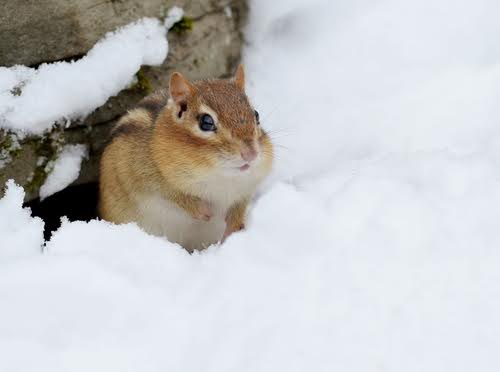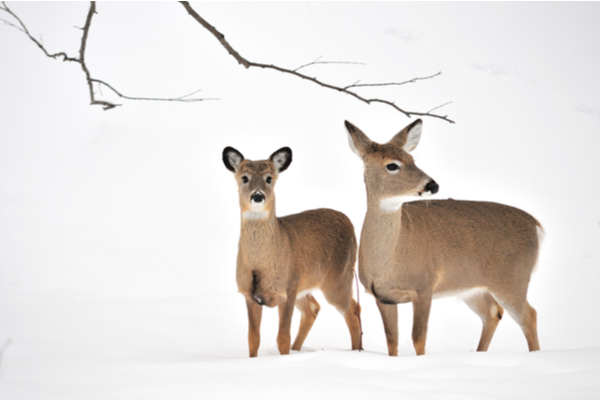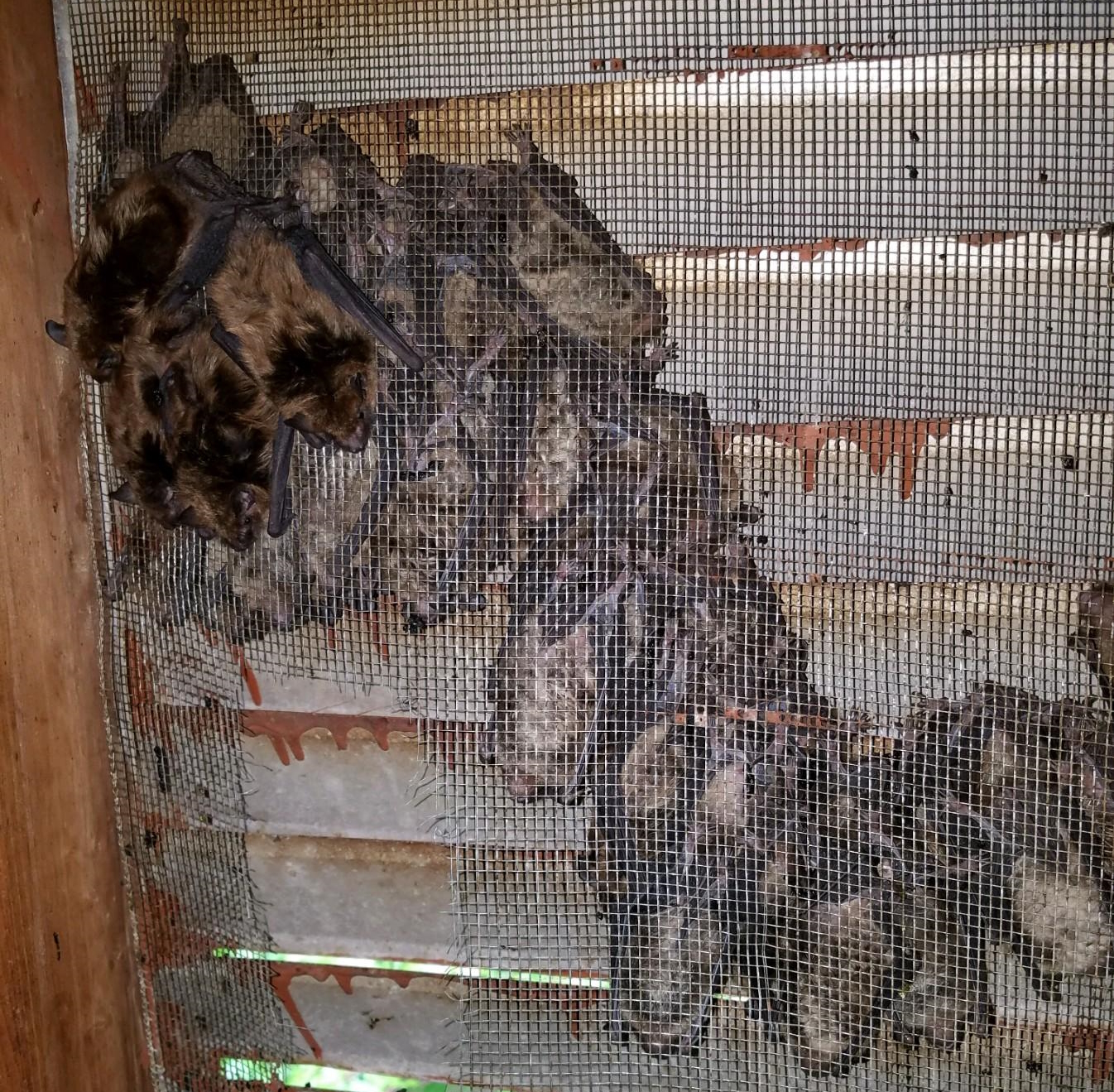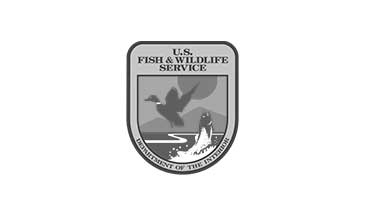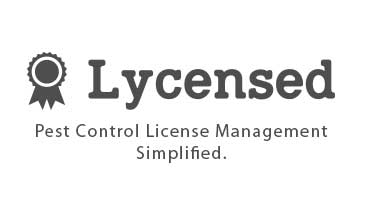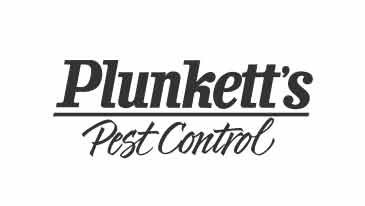Chipmunks are small, energetic mammals that have fascinating adaptations and behaviors in the winter. Understanding their survival strategies and dietary habits is crucial for managing any unexpected encounters within our own living spaces.
Where Do Chipmunks Go in the Winter? Do they Hibernate?
Chipmunks do not truly hibernate. Instead, they enter a state of torpor, where their body temperature and heartbeat decreases significantly. This “semi-hibernation” state is crucial for their survival during winter months. Chipmunks in winter build nests in hollow logs, trees, or beneath cover like rocks or porches. Additionally, they are capable of constructing extensive tunnel systems for protection and storage.
What Do Chipmunks Eat During Winter?
Preparation is key for chipmunks. They start collecting food as soon as the weather turns, gathering nuts, seeds, twigs, and other preservable items. These small mammals have expandable cheek pouches, enabling them to transport and store large quantities of food in various caches. But how do chipmunks live in winter with these reserves? They cleverly scatter their food stores to ensure a continuous supply, even if some caches are plundered by rivals.
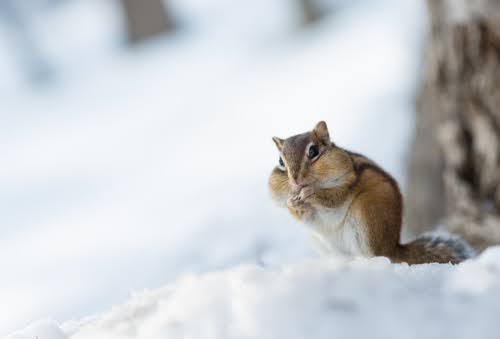
Can Chipmunks Damage Your House?
The possibility of chipmunks invading residential spaces is a significant concern for many homeowners. While these creatures are generally harmless, their presence inside homes can lead to several issues. Here's how chipmunks can potentially damage your property:
- Gnawing on Structures: Like many rodents, chipmunks have a natural instinct to gnaw. This behavior can lead to damage to wooden beams, electrical wiring, and even plumbing in your house.
- Chewing on Wires: One of the more hazardous consequences of having chipmunks in your home is their tendency to chew on electrical wires. This not only causes damage to your electrical system but can also pose a fire risk.
- Creating Entry Holes: To gain access to your home, chipmunks can create or enlarge holes in siding, soffits, and around foundations. These entry points can also become access routes for other pests.
- Contamination and Health Risks: Chipmunks can carry parasites and spread diseases. Their droppings and urine can also contaminate areas of your home, posing health risks.
Understanding these potential risks is crucial for homeowners. If you notice signs of chipmunks in or around your home, it's important to address the issue promptly to prevent damage and health hazards. Contact Varment Guard today to solve your chipmunk problem!
How to Remove Chipmunks and Prevent Home Intrusion
Discovering chipmunks in your home requires prompt action, as they can not only cause structural damage but also pose potential health risks. Here are some effective steps to remove chipmunks and prevent future invasions:
- Identify and Seal Entry Points: Start by inspecting fthe exterior of your home for any small openings. Chipmunks can enter through surprisingly small spaces. Seal these gaps using appropriate materials like metal flashing, hardware cloth, or caulking.
- Remove Food Sources: Chipmunks are attracted to areas with abundant food supply. Ensure that bird feeders are away from the house and clean up any nuts, berries, or seeds that fall to the ground. Secure garbage bins and compost piles to deny them easy food.
- Set up Traps: Live traps can be an effective way to catch and relocate chipmunks. Place them near the entry points, baiting them with peanut butter or seeds. Check the traps regularly and relocate the chipmunks to a distant habitat.
- Professional Help: If the infestation is severe or you're uncomfortable handling it yourself, it's best to call in professionals. Varment Guard offers safe and effective chipmunk removal solutions. We can also provide expert advice on long-term prevention strategies.
Remember, preventing chipmunks from entering your home is more effective than dealing with an infestation after it occurs. Regular maintenance and vigilance are key to keeping your home chipmunk-free.
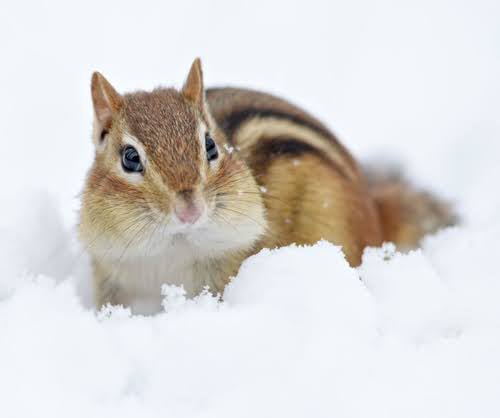
Need Help with Chipmunks? Contact Varment Guard Today
Understanding the behavior of chipmunks in winter, their dietary habits, and their potential impact on homes is crucial. By taking proactive measures, you can coexist with these energetic creatures without letting them overrun your home. If you face a chipmunk infestation, remember that experts like Varment Guard are just a call away to assist with humane and effective solutions.

